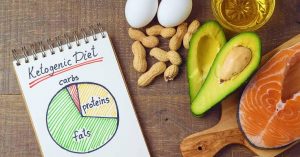
For those who have been living with hypertension and those newly diagnosed with it, one struggle you would obviously face is the taste of your foods. Because, its well know to reduce salt intake and probably take out bouillon cubes.
The fact remains that you are supposed to reduce salt and bouillon cube intake, but your foods can still be tasty when you utilize natural herbal spices.
There are natural spices available everywhere that can be incorporated into our daily cooking, they help add aroma and even savor to our meals, but importantly so, they also help to manage blood pressure (evidence-based), so you might want to consider these spices.
With this write up, we’ll uncover some of those spices:
1. GARLIC: Garlic is rich in compounds that may be beneficial to health, especially sulfur compounds called allicin. Allicin may help to increase blood flow through the arteries and also help lower blood pressure.
According to some reviews of studies, garlic was almost as effective in reducing blood pressure as the drug atenolol.
Apart from the aftereffect on the mouth, the garlic-onion combo is quite a great one for cooking, you should try it.
2. CINNAMON: Cinnamon is an aromatic spice from the bark of a tree. It has been used in ancient times to help treat heart conditions and blood pressure.
Some studies show that taking cinnamon reduced systolic and diastolic blood pressure by an average of 6.2 mm Hg and 3.9 mm Hg, respectively.
The good thing about this spice is that it can be eas
ily incorporated into meals
3. GINGER: the versatility of this spice is top-notch and unmatched. It has also been used in ancient times to help manage some heart and circulation problems in alternative medicine.
Ginger can be used to manage blood pressure by acting as a natural calcium channel blocker and natural ACE inhibitor (both are blood pressure medications).
4. CARDAMOM: cardamom is another important spice in cooking that has blood pressure-lowering properties. It has a distinctly delicious and slightly sweet intense flavor which makes it unique.
Cardamom helps reduce blood pressure by acting as a diuretic.
A diuretic is a compound that helps take out the water through urination
Cardamom can easily be incorporated into cooking and baking
6. CLOVES: cloves are dried flowers of the clove try, they can be used whole or ground as a spice. Cloves contain a compound called eugenol which helps to cause vasorelaxation (i.e reduction in tension of blood vessel walls). This action thereby helps to reduce systolic blood pressure. Apart from its unique flavor and fragrance, cloves help to lower blood pressure levels.
7. BASIL: this flavorful herb contains compounds that act as antioxidants and also has the ability to provide various health benefits and reduce blood pressure
Sweet basil contains eugenol which acts as a natural calcium chain blocker
This spice contains compounds that help relax blood vessels and allow for easy flow of blood through arteries.
Looking at the above-mentioned spices, you might have come across most of them or just a few.
Your foods don’t need to be less tasty, and your blood pressure can also be managed better if you try incorporating these spices into your diet
Please note that these spices aren’t an alternative to your medications
SOURCES:
– https://www.healthline.com/nutrition/herbs-to-lower-blood-pressure#Managing-high-blood-pressure
– https://pubmed.ncbi.nlm.nih.gov/24921632/
– https://pubmed.ncbi.nlm.nih.gov/19505553/
– Verma T, Sinha M, Bansal N, Yadav SR, Shah K, Chauhan NS.Nat Prod Bioprospect. 2021 Apr:11(2):155-184. DOI: 10.1007/s13659-020-00281-x. Epub 2020 Nov 11.PMID: 33174095 Free PMC article.
– Medicinal Plants in the Treatment of Hypertension: A Review.
– Kamyab R, Namdar H, Torbati M, Ghojazadeh M, Araj-Khodaei M, Fazljou SMB.Adv Pharm Bull. 2021 Sep;11(4):601-617. DOI: 10.34172/apb.2021.090. Epub 2020 Nov 1. PMID: 34888207 Free PMC article.



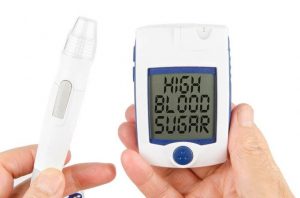

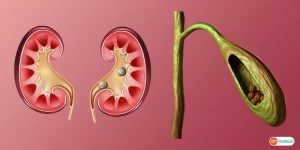

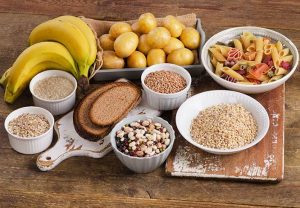







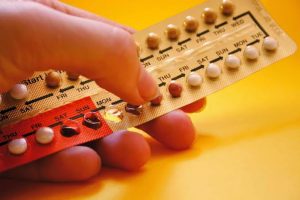
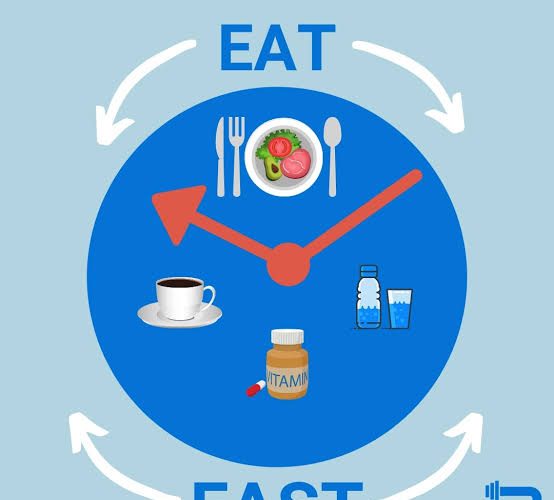
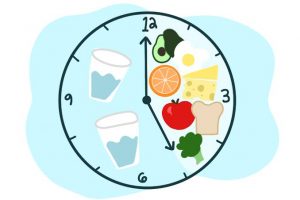 It seems like the trend now is fasting, we’ve come a long way in the nutrition space and there has been so many takes on how to lose weight or help with some chronic diseases.
It seems like the trend now is fasting, we’ve come a long way in the nutrition space and there has been so many takes on how to lose weight or help with some chronic diseases.
